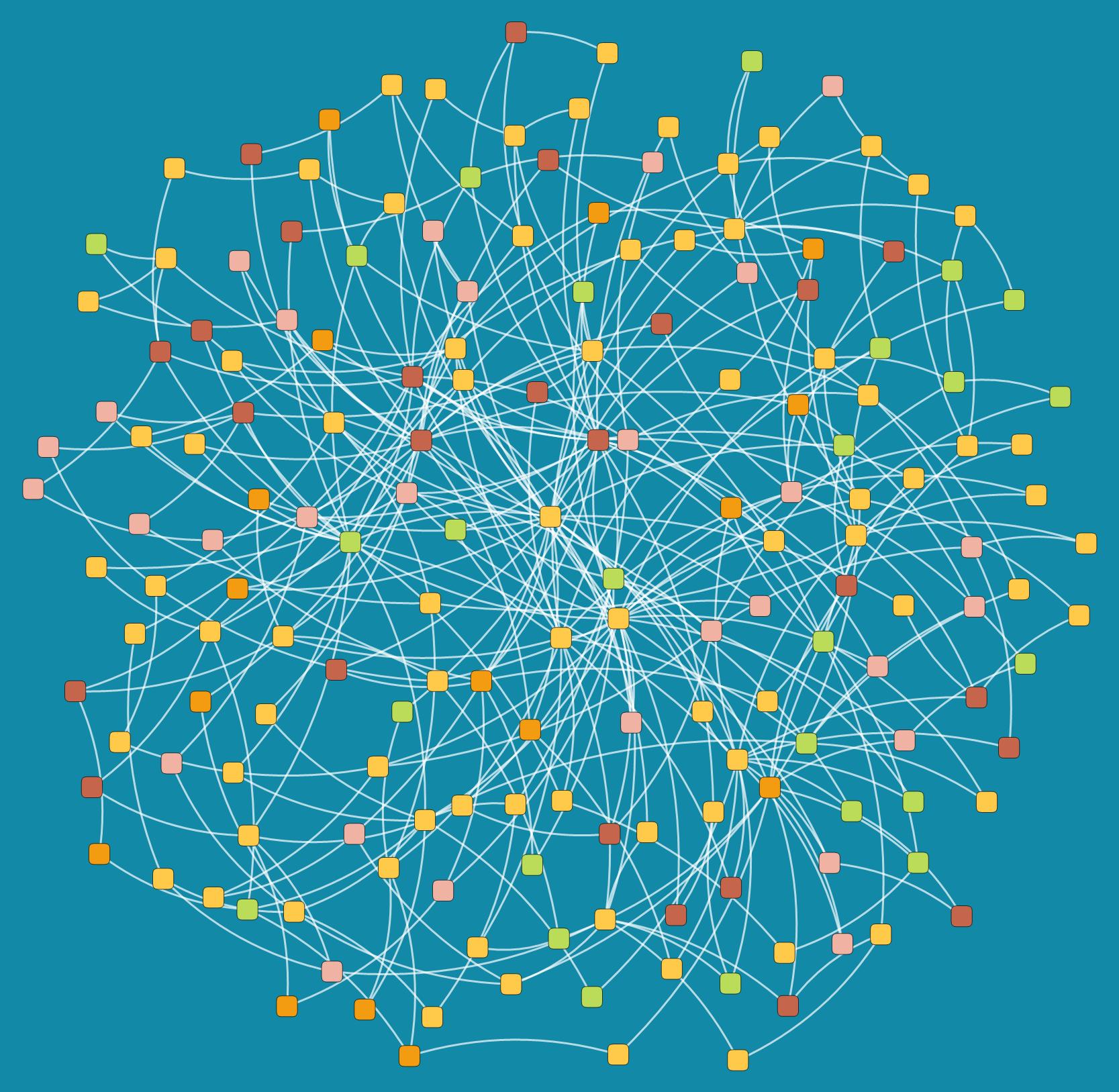
The era of Omics technology opens avenue to the integrative study of biological systems, fostering potential applications for personalized and precision medicine. The objective of this course is to provide the fundamental background combining theoretical, computational and biological knowledge for this challenge. The course introduces the theoretical frameworks and the computational methods applied to Systems Biology, with a specific focus on networks. The content of the course is divided into three major parts:
The first part will be dedicated to the fundamental knowledge of networks, and in-depth topological analysis of complex networks. Different types of networks, case studies and applications in biology will be discussed.
In the second part, emphasis will be on dynamical networks and on how discrete based mathematical formalisms can be used to describe their dynamics and delineate their properties. Two modelling approaches will be presented, Boolean networks and Petri nets, with concrete examples in biology.
In the third part, the students will be introduced to the standards of network and model description commonly used in Systems Biology. Then, different types of intracellular networks will be analyzed in detail, along with a thorough presentation of available resources such as model repositories and databases. Bottom up and top down approaches for network construction and inference will be discussed and different data types will be presented. Lastly, the students will learn about functional data integration and limitations.
The course will include hands-on sessions, where students will learn how to interrogate
